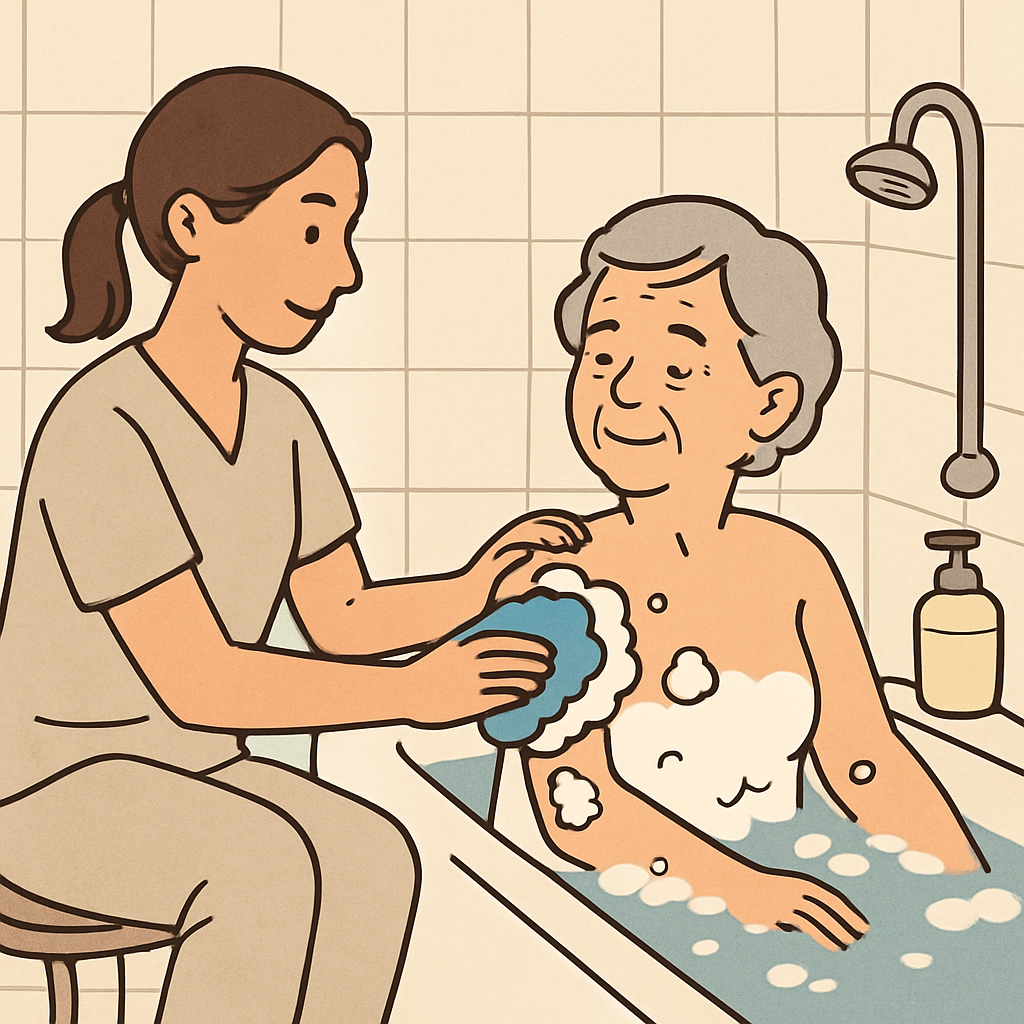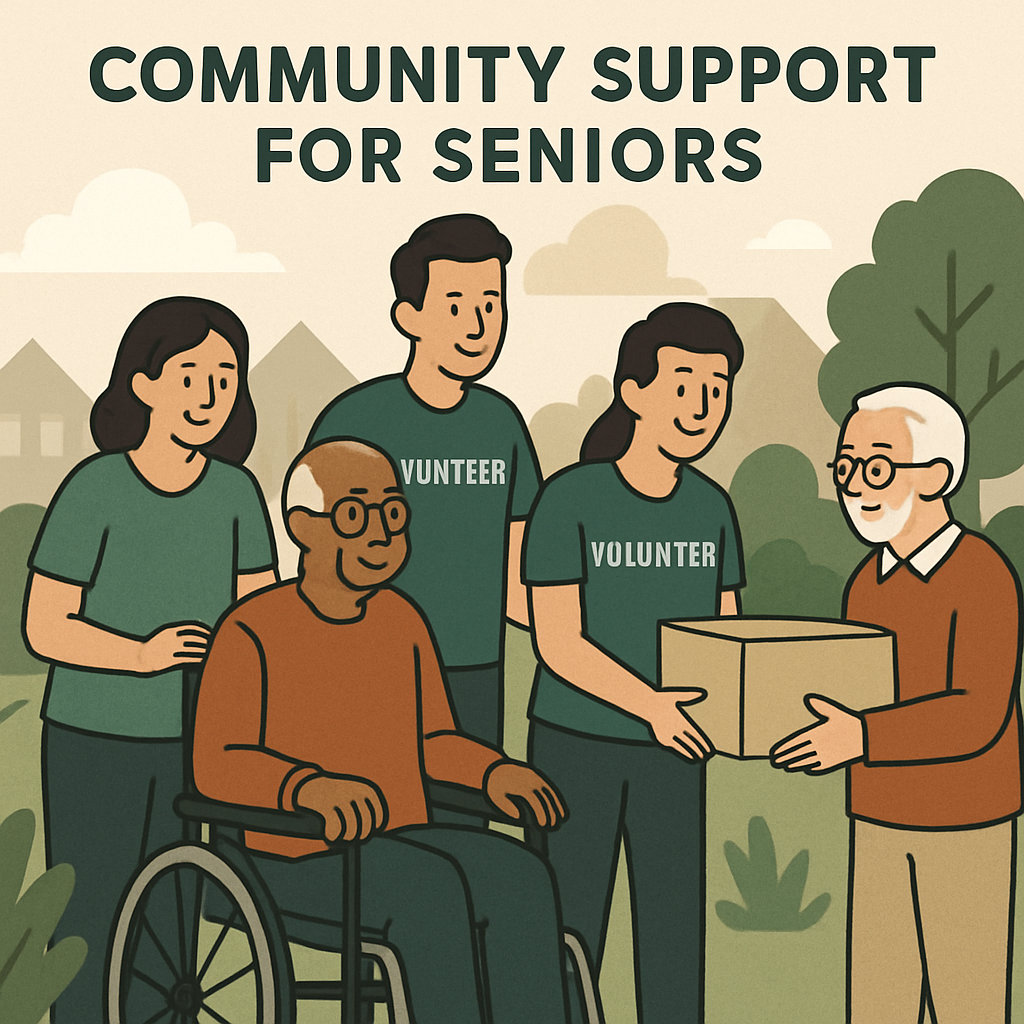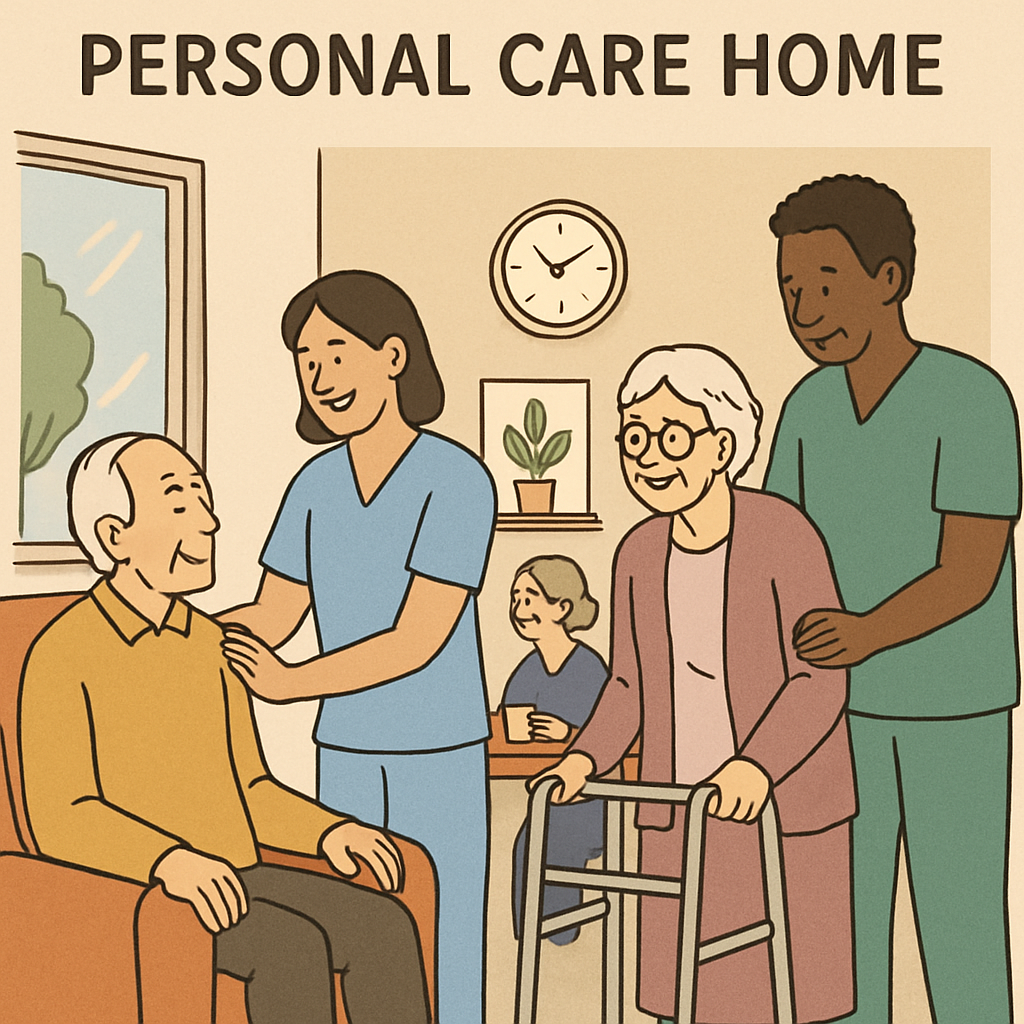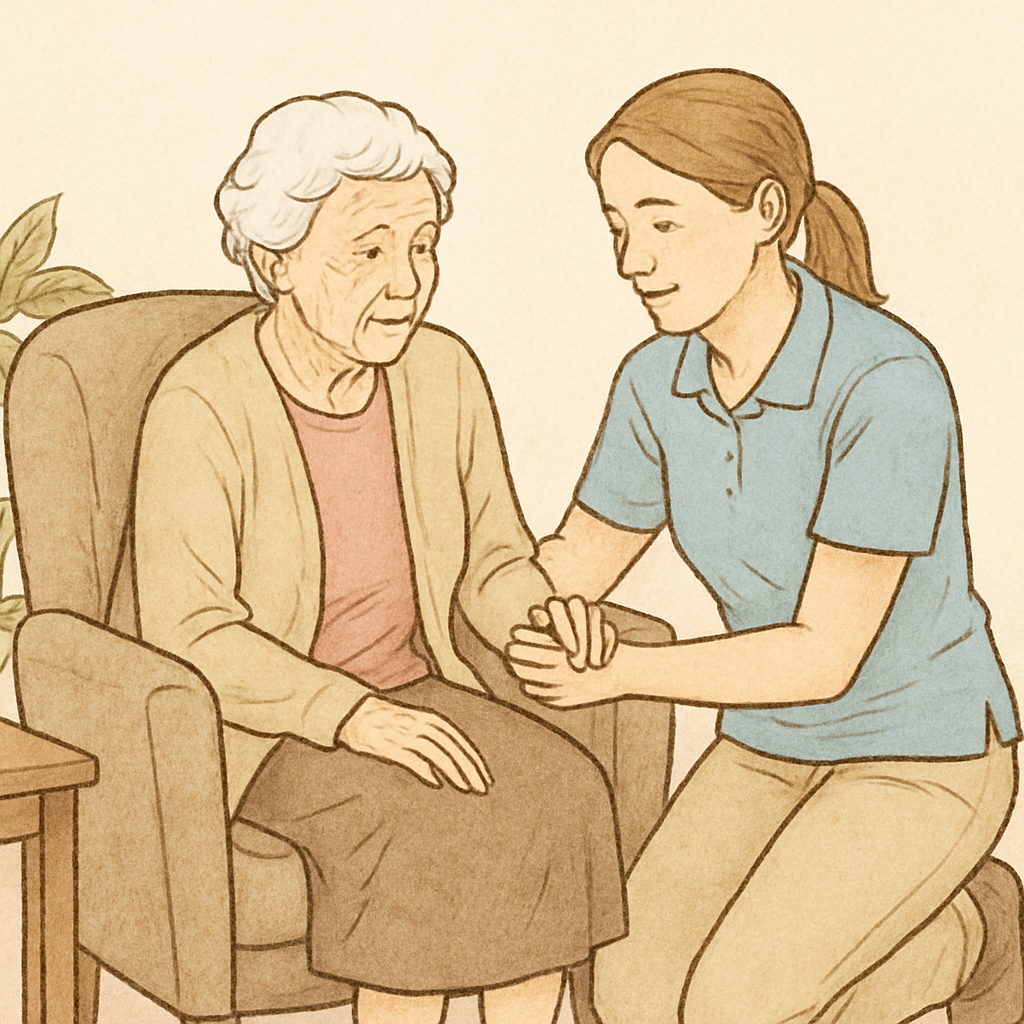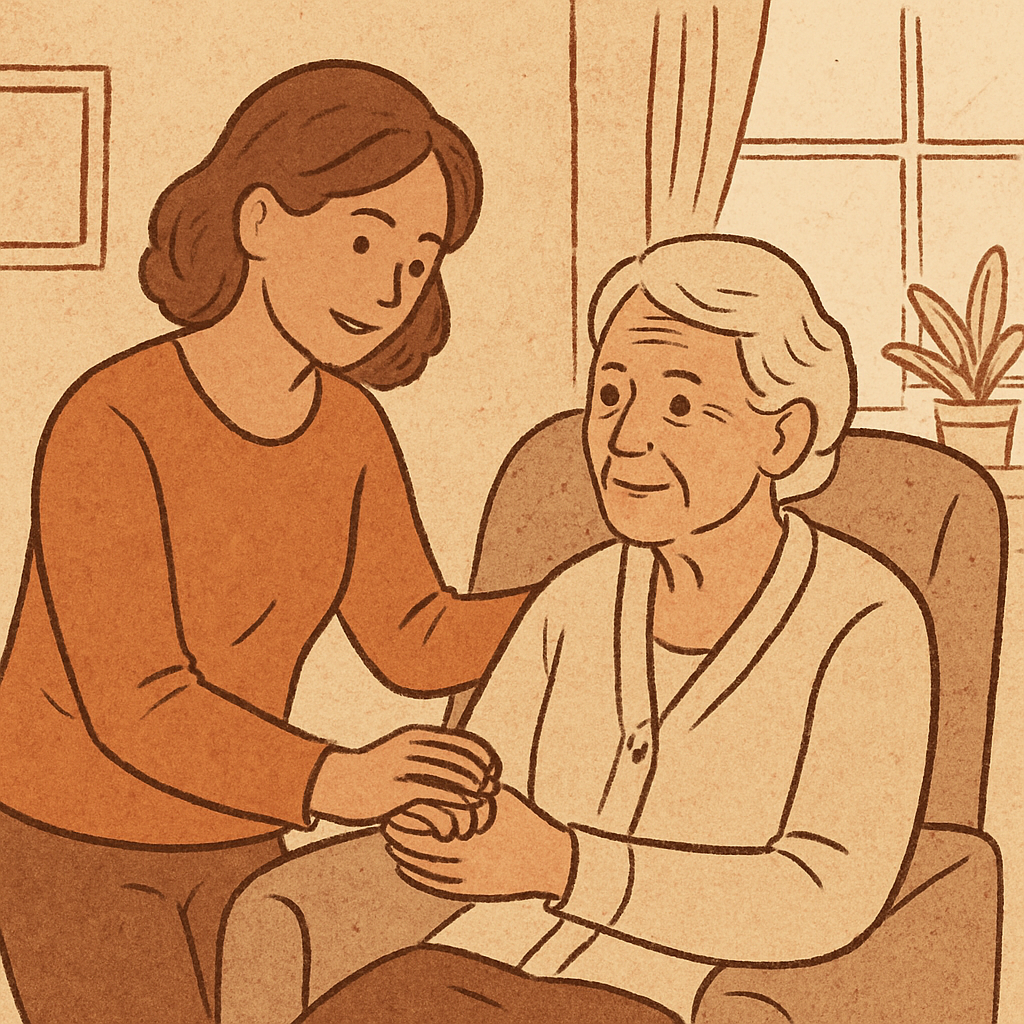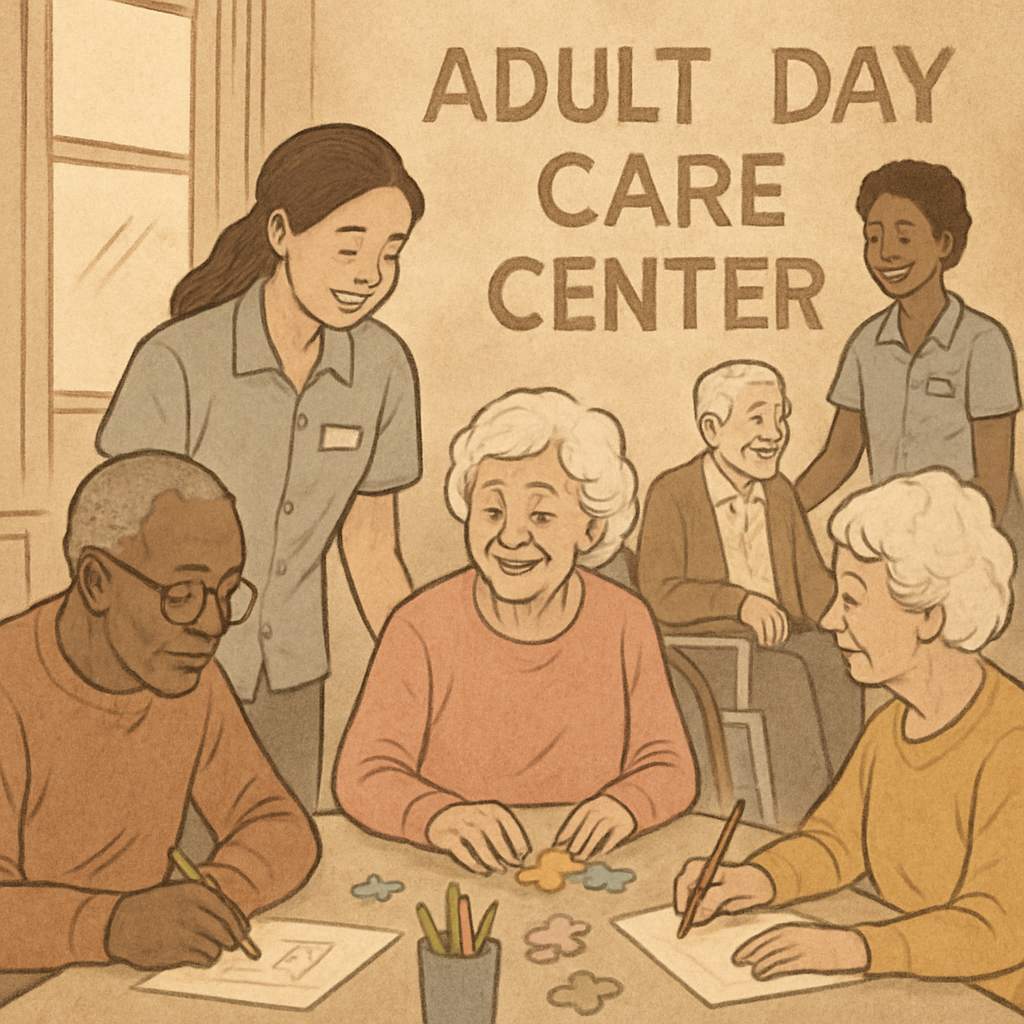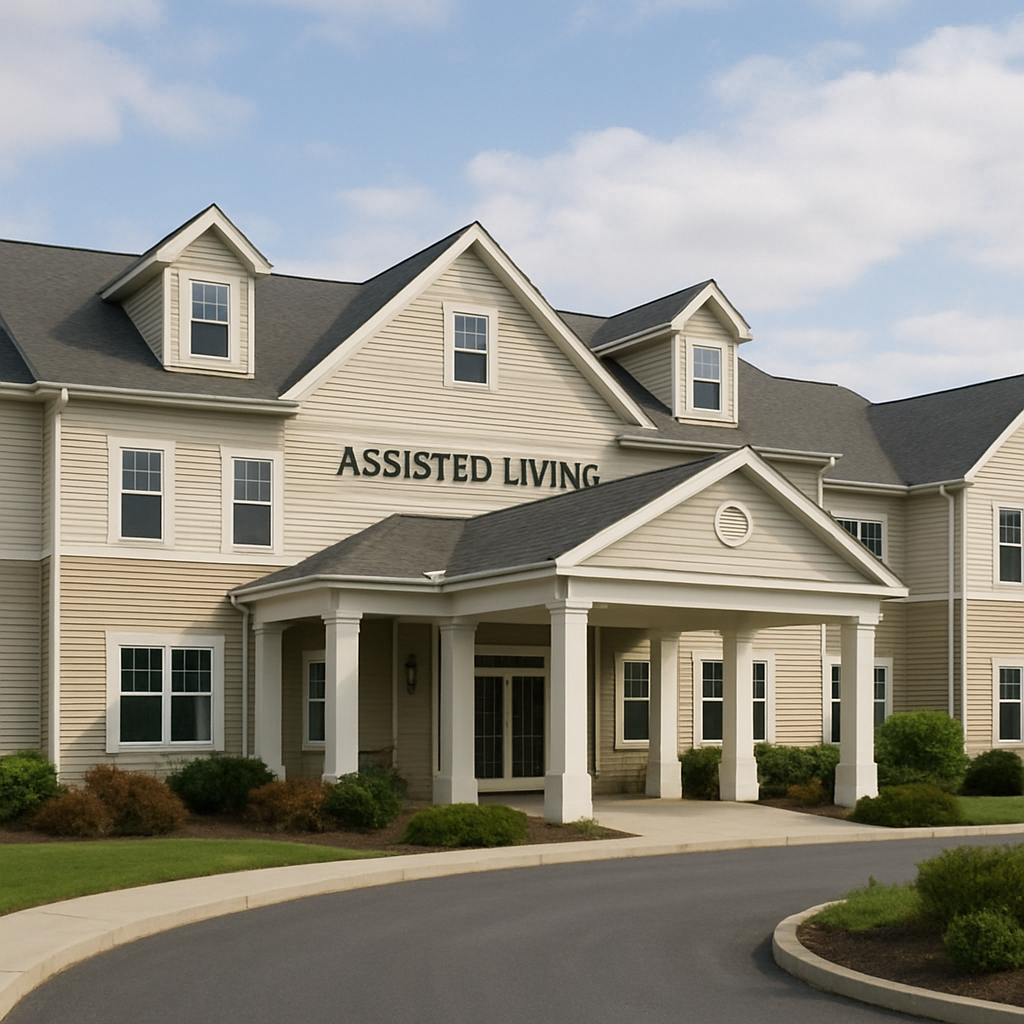Navigating the Challenges of Elder Care
As our loved ones age, ensuring they receive the best possible care becomes a priority. Navigating the complexities of elder care can be daunting, but with the right information and resources, families can make informed decisions that benefit everyone involved. In this article, we'll explore the various aspects of elder care, including available resources, benefits of home care, and practical tips for taking care of elderly family members at home.

Before diving into elder care options, it's crucial to understand the specific needs of elderly individuals. These needs can vary widely depending on health conditions, mobility, and personal preferences. Some seniors may require minimal assistance, while others might need comprehensive care.
What Do Elderly People Need?
To ensure the well-being of older adults, it's important to address their physical, emotional, and social needs. This includes:
- Medical Care: Regular check-ups and management of chronic conditions.
- Mobility Assistance: Help with moving around the house or using mobility aids.
- Nutrition: Balanced meals tailored to their dietary requirements.
- Social Interaction: Opportunities to engage with family, friends, and community.
- Mental Stimulation: Activities that keep the mind active and engaged.
Exploring Care Options for Seniors
There are numerous options for elder care, ranging from in-home assistance to full-time residential facilities. Each option has its advantages and disadvantages, and the best choice depends on the individual's needs and family circumstances.
Benefits of Home Care for Seniors

Home care allows seniors to remain in the comfort of their own homes while receiving the care they need. The benefits of home care include:
- Familiar Environment: Staying at home provides comfort and stability.
- Personalized Care: Tailored care plans to meet individual needs.
- Independence: Seniors maintain a sense of autonomy.
- Cost-Effective: Often more affordable than residential care facilities.
How to Get In-Home Care for Elderly
For families considering in-home care, understanding how to access these services is essential. Here are some steps to guide you:
- Assess Needs: Determine the level of care required, considering medical, personal, and emotional needs.
- Research Providers: Look for reputable home care services in your area. Consider reviews and recommendations.
- Consult Professionals: Speak with healthcare providers for advice and referrals.
- Evaluate Costs: Compare costs and explore potential financial assistance options.
- Interview Caregivers: Meet potential caregivers to ensure a good fit for your loved one.
How to Find a Caregiver for Elderly
Finding the right caregiver is crucial for the well-being of your elderly family member. Here are some tips:
- Use Referrals: Ask friends, family, or healthcare professionals for recommendations.
- Check Credentials: Ensure caregivers are qualified and have relevant experience.
- Conduct Interviews: Personal interviews help assess compatibility and trustworthiness.
- Trial Periods: Consider a trial period to evaluate the caregiver's performance.
Financial Assistance and Resources
Caring for an elderly family member can be financially challenging, but there are resources available to help ease the burden.
What Free Help Is Available for Elderly at Home?

by cal gao (https://unsplash.com/@ginnta)
Several programs offer free or low-cost assistance for seniors living at home:
- Government Programs: Medicare, Medicaid, and other state programs may cover certain home care services.
- Nonprofit Organizations: Many nonprofits offer volunteer services and financial aid for seniors.
- Community Services: Local community centers often provide meals, transportation, and social activities for seniors.
How to Set Up Home Health Care for Elderly
Setting up home health care involves several steps:
- Contact Agencies: Reach out to home health agencies to discuss services and availability.
- Create a Care Plan: Work with healthcare professionals to develop a comprehensive care plan.
- Coordinate with Family: Ensure family members are on board and understand their roles.
- Monitor Progress: Regularly assess the effectiveness of the care plan and make adjustments as needed.
Supporting Seniors Living Alone
Many seniors live alone and may require additional support to maintain their independence.
Help for Seniors Living Alone
For seniors living alone, consider these strategies to enhance their quality of life:
- Regular Check-Ins: Frequent phone calls or visits provide social interaction and reassurance.
- Technology Solutions: Install emergency alert systems and video calls for easy communication.
- Community Engagement: Encourage participation in community events and clubs.
How Can I Help Old People in My Community?
Helping seniors in your community can be rewarding and impactful:
- Volunteer: Offer your time at local senior centers or home care organizations.
- Advocate: Promote policies and programs that support senior care.
- Educate Others: Raise awareness about the challenges seniors face and the resources available.
Conclusion
Navigating the challenges of elder care can be complex, but understanding the available options and resources makes it more manageable. By exploring the benefits of home care, finding qualified caregivers, and accessing financial assistance, families can provide the best possible care for their elderly loved ones. Remember, supporting seniors in maintaining their independence and dignity is not just a duty but a privilege.
How InclusiveOne Helps with Senior Care
Give Your Loved One the Care They Deserve — At Home, Where They Belong!
Every senior deserves to age with dignity, comfort, and independence. At InclusiveOne , we provide compassionate, personalized home care that supports your loved one’s daily needs — and their emotional well-being. Whether it's help around the house, medication reminders, or simply a friendly companion, we're here to help.
Whatever your situation is we are here to help. Let’s create a care plan that fits their life — not the other way around.
- We offer free in person and virtual (phone or zoom) consultation to ease the transition.
- We connect you with local programs and eligible services.
- We follow-up regularly to ensure client safety and service satisfaction.
Call us today at (574) 340-7070 or email us at [email protected] to schedule your free home care assessment. Because home is more than a place. It’s where life happens.
Categories: Personal Care For Seniors, Senior Care







